One of the most commonly asked questions with regards to SIBO is, “does fasting to cure SIBO” actually work?
This is a huge topic in the community, and one that I have both research and personal experience with.
So I wanted to dig into it with you today.
First, I will be very transparent with you and say that this is one of the things I mention as part of “how I healed SIBO long term.”
There are 17 things on that list, and fasting is one of them.
Subscribe Today:
Apple Podcasts | Spotify | iHeart Radio | RSS
Did you find value in the episode? Please share it with friends and family.
Fasting to Cure SIBO [thoughts on Intermittent Fasting for SIBO] [Episode 53, AGG Bites #8]
Click HERE to save this post for later.
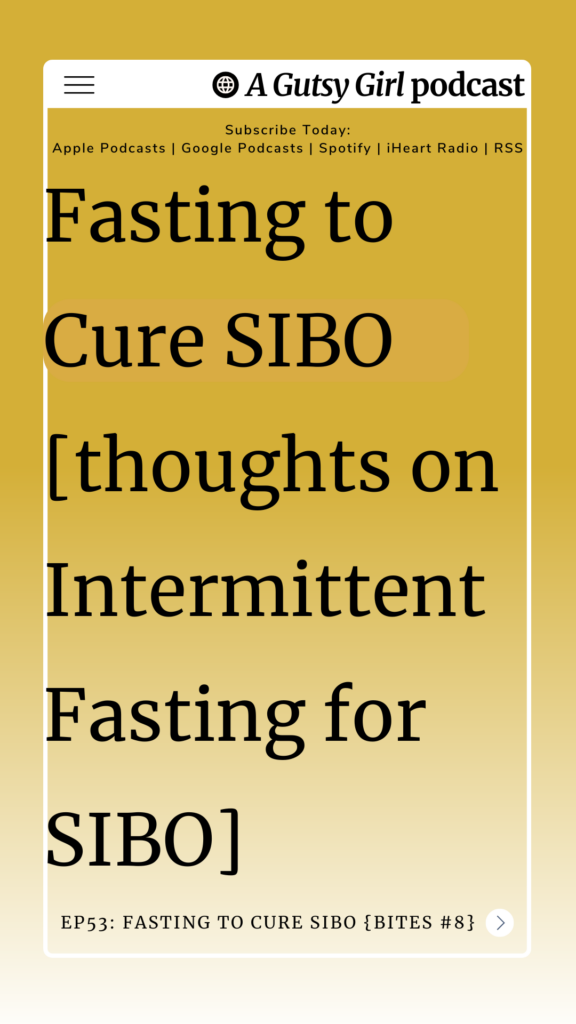
As a quick refresher, SIBO stands for small intestinal bacterial overgrowth and occurs when there is too much bacteria in the small intestine – aka an overgrowth.
Some of the most common SIBO symptoms include:
- constipation
- bloating
- diarrhea
- undigested food in stool
- many other digestive symptoms
If this is your first time seeing this word SIBO, then see the full symptoms of SIBO list HERE.
Because a critical component for healing SIBO includes understanding the underlying cause, SIBO patients can go a very long time with pain and frustration, experiencing multiple relapses.
SIBO Underlying Causes
When Dr. Nirala Jacobi came on the show to discuss all things SIBO, here are the underlying causes / risk factors she mentions:
- motility
- digestion
- outflow problems, i.e. due to scar tissue, etc.
- medications
SIBO Treatment
There are many different ways to treat SIBO.
Treatment should always be done with medical supervision, and will be dependent upon the SIBO test results (usually via the SIBO breath test):
- Methane-dominant SIBO
- Hydrogen-dominant SIBO
- Hydrogen-sulfide dominant SIBO
Here are some of the most commonly discussed:
- Elemental Diet
- Dietary changes, including the low-FODMAP diet, SIBO Biphasic Diet, and other restrictive diets that address the overgrowth of gut bacteria
- Supplements including digestive enzymes and HCL
- Antibiotic therapy, i.e. Rifaximin, Neomycin
- Herbal antibiotic therapy, i.e. any of these 13 natural SIBO antibiotics
- And last, but certainly not least, lifestyle changes including fasting
As I previously mentioned, IF was part of my long-term healing, so I thought this could perhaps be a helpful conversation for a lot of people.
However, it may or may not be right for you so I want to lay out some things.
Intermittent Fasting 101
James Clear described IF simply and perfectly,
Intermittent fasting is not a diet, it’s a pattern of eating. It’s a way of scheduling your meals so that you get the most out of them. Intermittent fasting doesn’t change what you eat, it changes when you eat.
It is, literally, no more or no less complicated than that.
What can be perceived as a little complicated about IF, though, are the many different patterns of eating you can choose.
How to Practice Intermittent Fasting
Dr. Amy Shah shares a lot of great things on Instagram regarding intermittent fasting.
She once shared THIS great graphic that broke down the following types of intermittent fasts:
- Alternate day: 36 hours fast, 12 hours eat
- Eat-stop-eat: full day fast, 1-2 days a week
- 5:2: full day fast for 2 days but with 500-600 calories
- Reverse fast: 12 hour starting before 8pm, 2 days 16 hours
- 16/8: eat from 11am – 7pm
During the fasting window, you eat no food and are limited to only drinking water, tea, and black coffee (though that area is a little gray because many people say it’s okay to have “Bulletproof coffee” – i.e. coffee with coconut oil, ghee butter, etc. – as well).
During the feeding window, you eat as you normally would. If you have SIBO, and it’s active, you should eat high-quality, nourishing foods to help heal your gut, typically while also remaining on some sort of low FODMAP diet.
HERE is a list of my favorite low-FODMAP foods.
Alright, so then, why can intermittent fasting help those with SIBO?
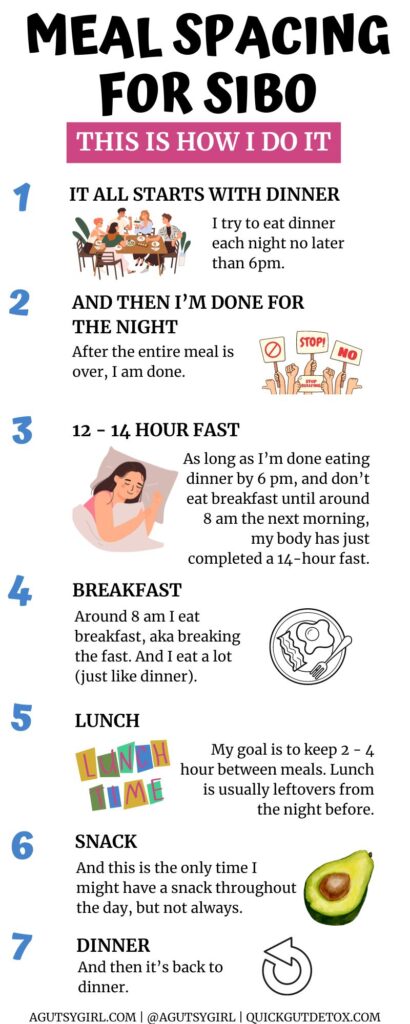
Why Intermittent Fasting Can Help Those with SIBO
Remember, SIBO occurs where there is an abnormally large amount of bacteria in the small intestine. The goal is to eradicate that “harmful bacteria” and to have a more balanced bacterial load in the small and large intestine.
In order to do this, though, two main things need to happen (in my experiences):
- Bacteria needs to normalize; the overgrowth stopped
- Gut motility needs to normalize
NOTE: If the underlying condition has to do with scarring via surgery, medications, and/or something else outside of the most common reasons for SIBO, stopping the overgrowth of bacteria is likely to prove far more difficult.
IF helps with both of those.
- When our digestive system is given a break, the body is not processing anything and thus, there is nothing to feed the plethora of bacteria in the small intestine.
- The migrating motor complex (MMC) is a cyclic, recurring motility pattern that occurs in the stomach and small bowel during fasting; it is interrupted by feeding. It occurs every 90-120 minutes, but only while fasting. Normalizing the MMC could help with SIBO relapse and initial occurrence.
In fact, clinical studies prove that daily fasting has positive effects on digestive health.
We have demonstrated that intermittent fasting shapes the gut microbiota in healthy mice in a daily fasting hour dependent manner, and a magnitude effect of fasting was observed upon a 16 h fasting duration. However, these effects gradually disappear when the fasting is discontinued.
NIH
So there you have the good, but I would be remiss if I didn’t share the drawbacks and potential cautionary points with you.
The Complete Guide to Fasting
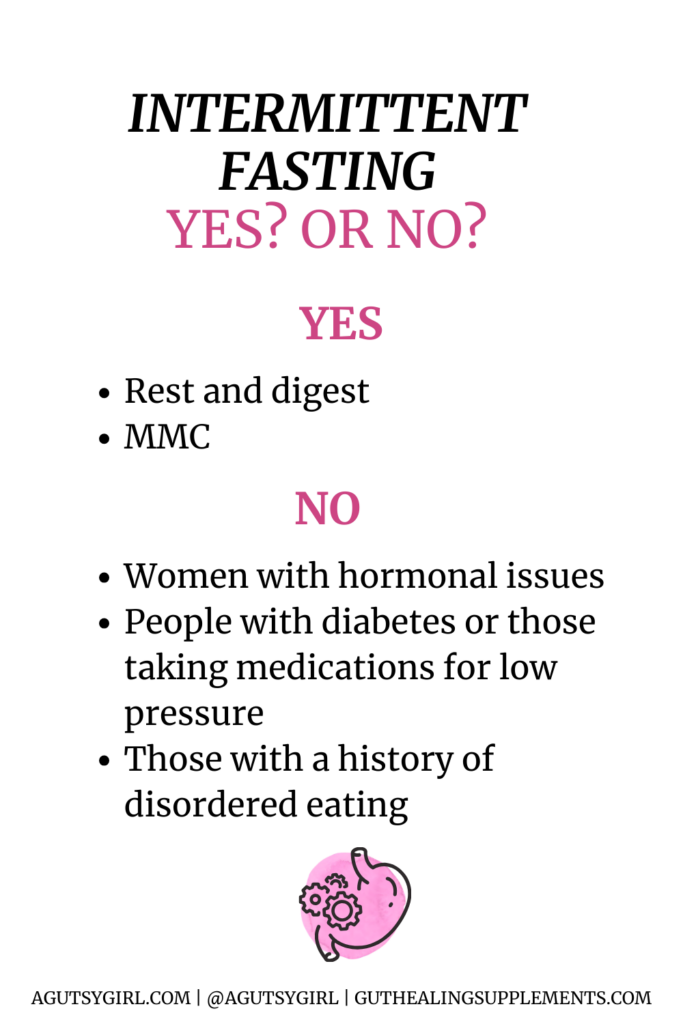
Who Should Not do Intermittent Fasting?
With all the research out there on IF and its health benefits in general and for SIBO, I personally do not believe it is for everyone.
And when I say “it” I mean doing IF the traditional way with super long and extended periods without food.
Here are three populations I believe need to tread lightly on diving in head first with traditional IF:
Women with hormonal issues and women in general
- Dr. Amy says, “The problem with fasting too aggressively in women is that we are so sensitive to “starvation signals”. If our body senses that there is starvation it will turn up the hunger signals – such ghrelin.”
- When the body senses starvation you run the risk of irregular periods, infertility, poor bone health and other health effects. (source) Take it from someone who knows; it’s not worth the detrimental effects. Also note; this does not mean it’s not okay for all women. You know who you are if it’s not something for you right now.
People with Diabetes
- Or those taking medications for low blood pressure.
Those with a history of eating disorder
- If you’ve ever had a past that includes any sort of eating disorder, traditional IF can be extremely triggering. This makes logical sense; long periods of no eating (except maybe some black coffee with coconut oil) with the “bonus” feeling of accomplishment and weight loss.
I realize that there are people out there who will say IF is for anyone and everyone – digestive issues or not; but really, it’s not.
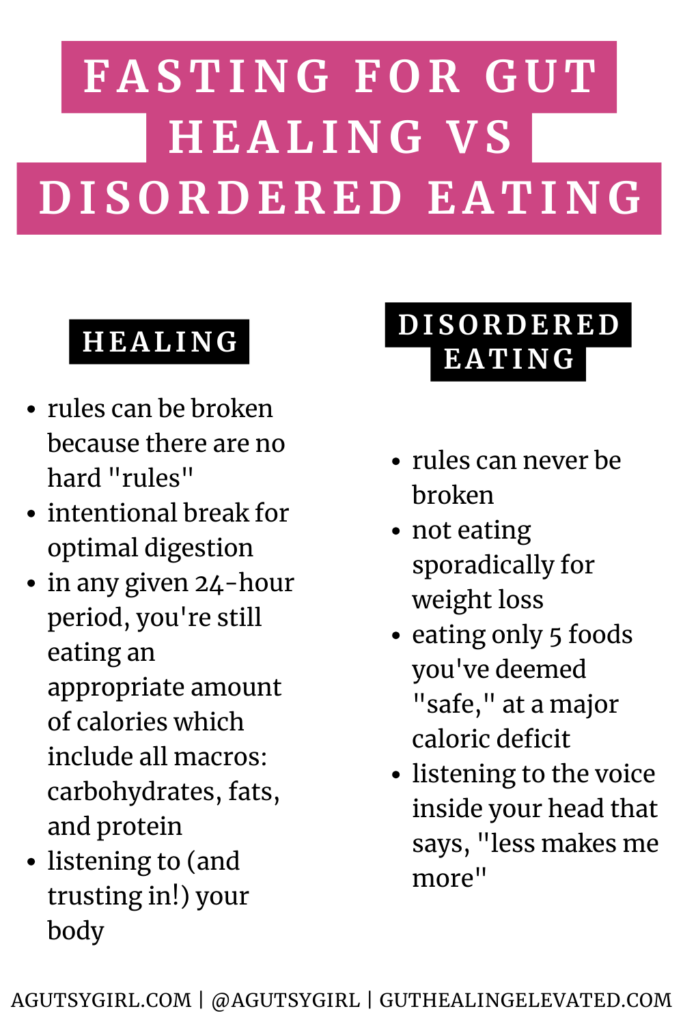
How I Personally Do Intermittent Fasting (today and did while healing)
I do 12-14 hours usually, and average most days per week.
For me personally, given my history of low-functioning thyroid and adrenal fatigue, going over the 14 hours feels far more stressful to my body than the extra benefits it might provide if I held out longer.
Also, I discovered that for the purposes of SIBO and overall gut health, I did not need to go longer.
- Wake up and fast until 7:30 or 8am
- Eat (usually 3 meals, sometimes a snack) until 5-6pm
- Stop eating
- Fast begins
Note: “Normal” people don’t eat that last meal until 7 or 8pm at night.
That’s why and how I am able to eat much earlier in the morning. Keep in mind also that I’m up around 4 or 5 am, so by 7:30 or 8 am, I’m really ready for a big breakfast.
Another HUGE thing I want to make note of is that in addition to intermittent fasting, I also practice meal spacing. In my personal opinion, combining IF + meal spacing is the fastest way to finding relief.
Meal spacing is what I practice throughout the day. Instead of snacking every hour on the hour – yes, I used to do this, I now ensure at least 3-4 hours in between meals.
This has to do with the MMC – migrating motor complex – that I previously mentioned.
I practice both to this day due to my success rate.
A Great Way to Track Your Fasting Efforts
I believe in both intermittent fasting and meal spacing so much that if you have my gut healing journaling SYSTEM, both are listed in the ‘Journal Key’ as lifestyle actions you can choose to track.
And what I personally found while healing SIBO was that it wasn’t as much about what I ate (i.e. remaining strict low-FODMAP, gluten-free, etc) as it was more about all the lifestyle things like this – ie. How I was eating.
I’m not saying that what you eat will or won’t matter because it does.
But if you think you’re in a place to try either/both intermittent fasting and meal spacing, consider it.
When I first started it, I didn’t want it to stress me out. Yeah, not eating did stress me out because my subconscious would say, “oh no, you’re dieting again – you’re going to starve or now you’ll crave everything,” and so on.
And you don’t want it to stress you out either because believe me, the stress negatives will outweigh the fasting benefits.
So….I told myself to just do it one day at a time, and if it was the only thing I did that would be okay.
I did just 1-2 days per week to start for just 12 hours each time. I kept it as simple and stress free as possible.
And in return, I started seeing the massive benefits so I would increase the number of days per week I did it until now when I’m healed and still do it 6-7 days per week.
p.s. My gut microbiome and overall health are fantastic!
If you liked this episode fasting, you might also enjoy:
More from A Gutsy Girl
Want to learn even more about the gut and ways to heal it? Learn all the secrets via my signature book, A Gutsy Girl’s Bible: a 21-day approach to healing the gut. Grab your copy on Amazon HERE.
Or, have this book at your fingertips instantly by downloading the PDF now.
- Welcome to A Gutsy Girl Podcast
- Hang out on Instagram
- BFF’s on YouTube
- Rated-G Email Club
Wrap Up
Time to wrap this up. As always, a huge goal for this show is to connect with even more people. Feel free to send an email to our team at podcast@agutsygirl.com. We want to hear questions, comments, show ideas, etc.
Did you enjoy this episode? Please drop a comment below or leave a review on Apple Podcasts.
Xox,
SKH
🤰 bloating be gone! weight loss through optimal gut health for women
💃ʜᴇᴀʟ ʏᴏᴜʀ ɢᴜᴛ. ʜᴇᴀʟ ʏᴏᴜʀ ʟɪfe.
🫶🏻 founder gutbyome.com

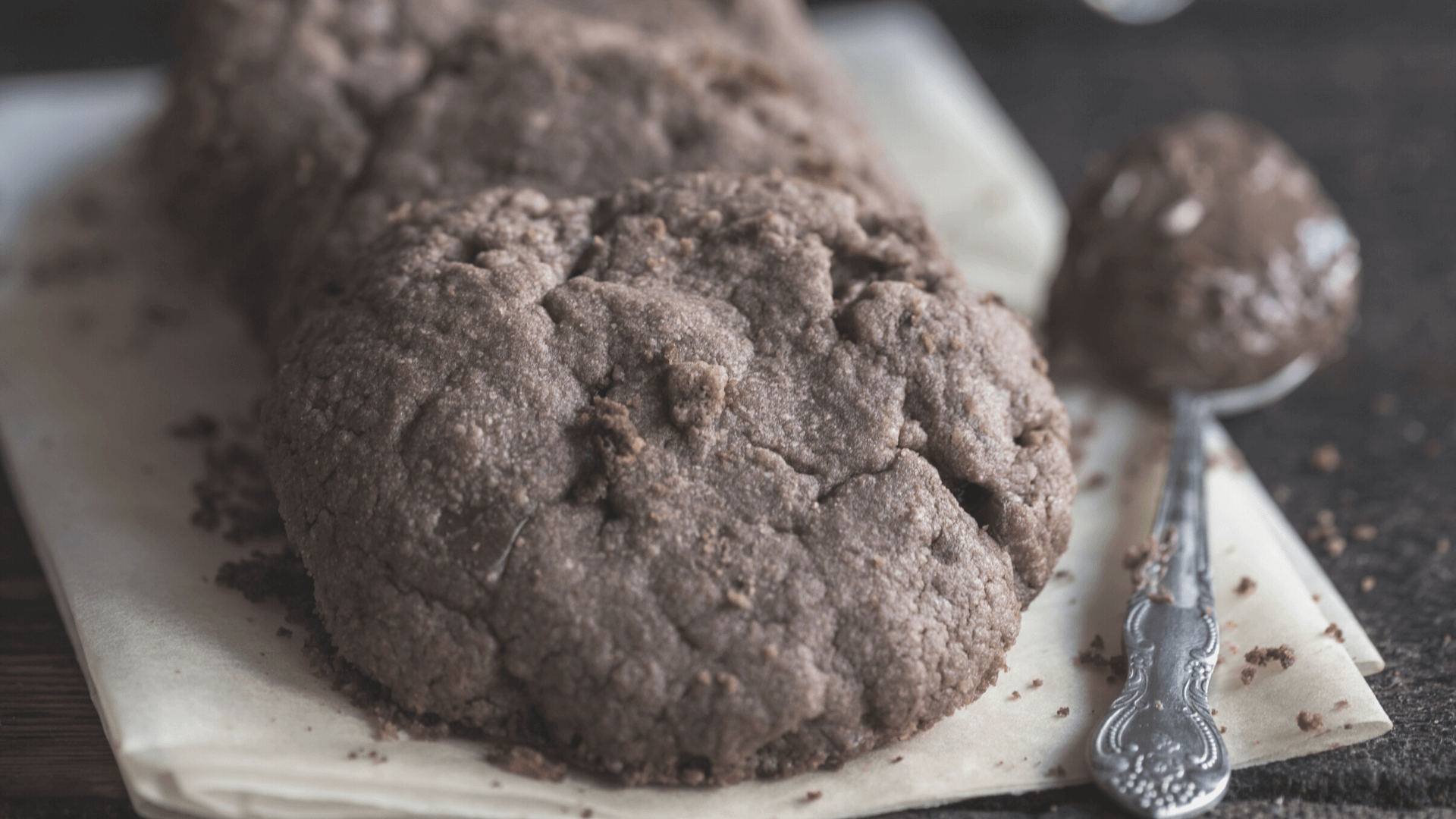

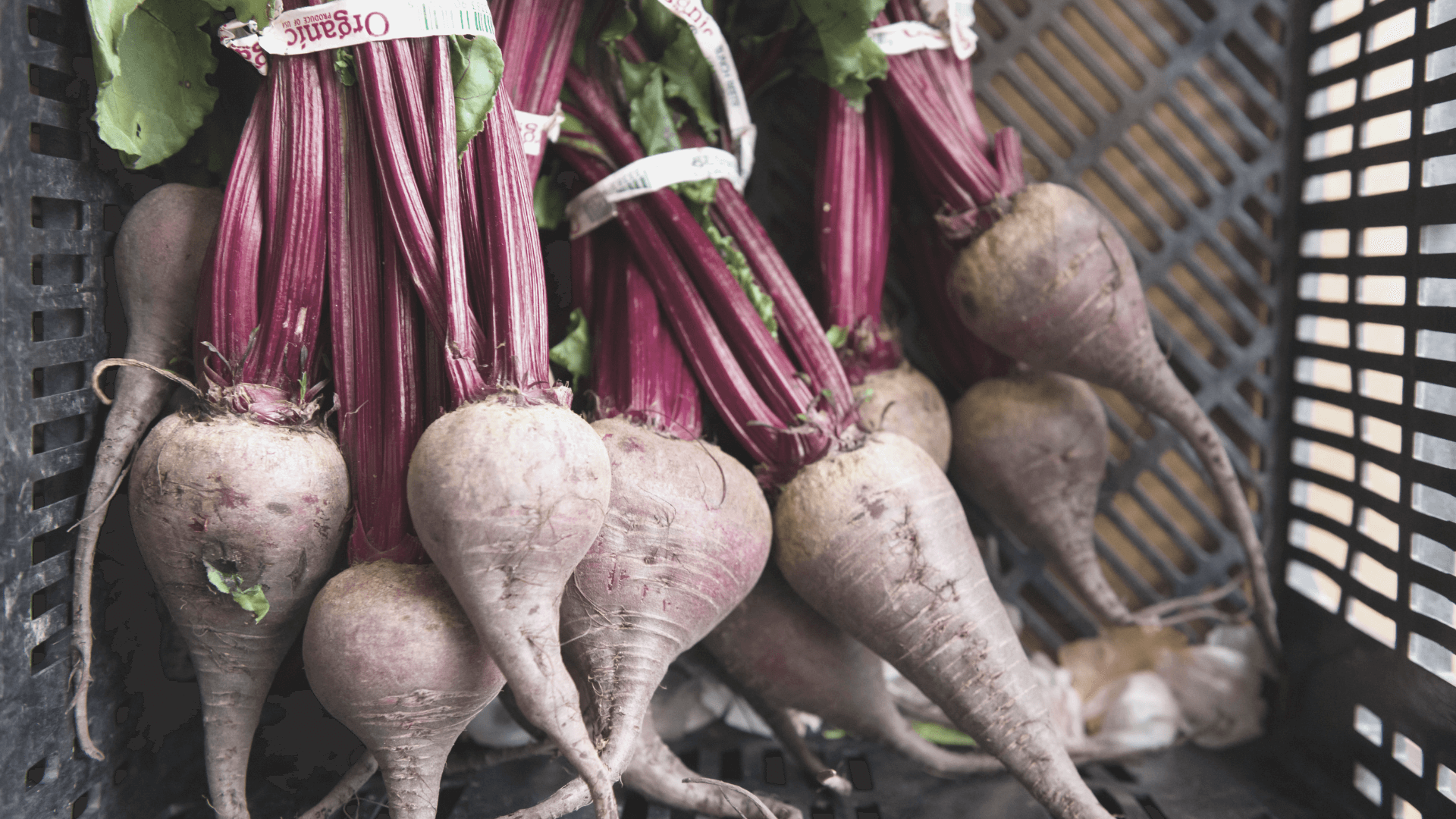
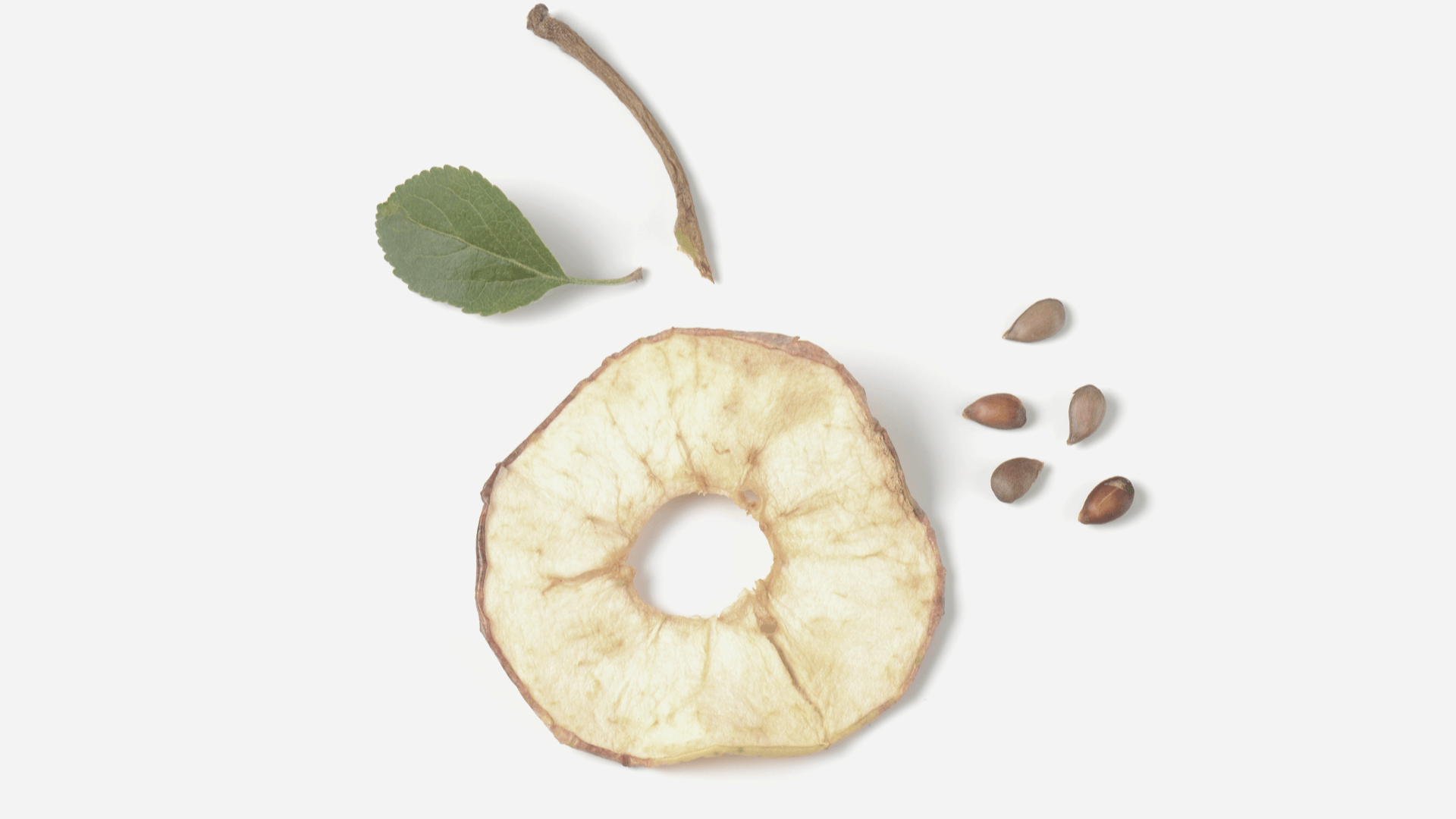

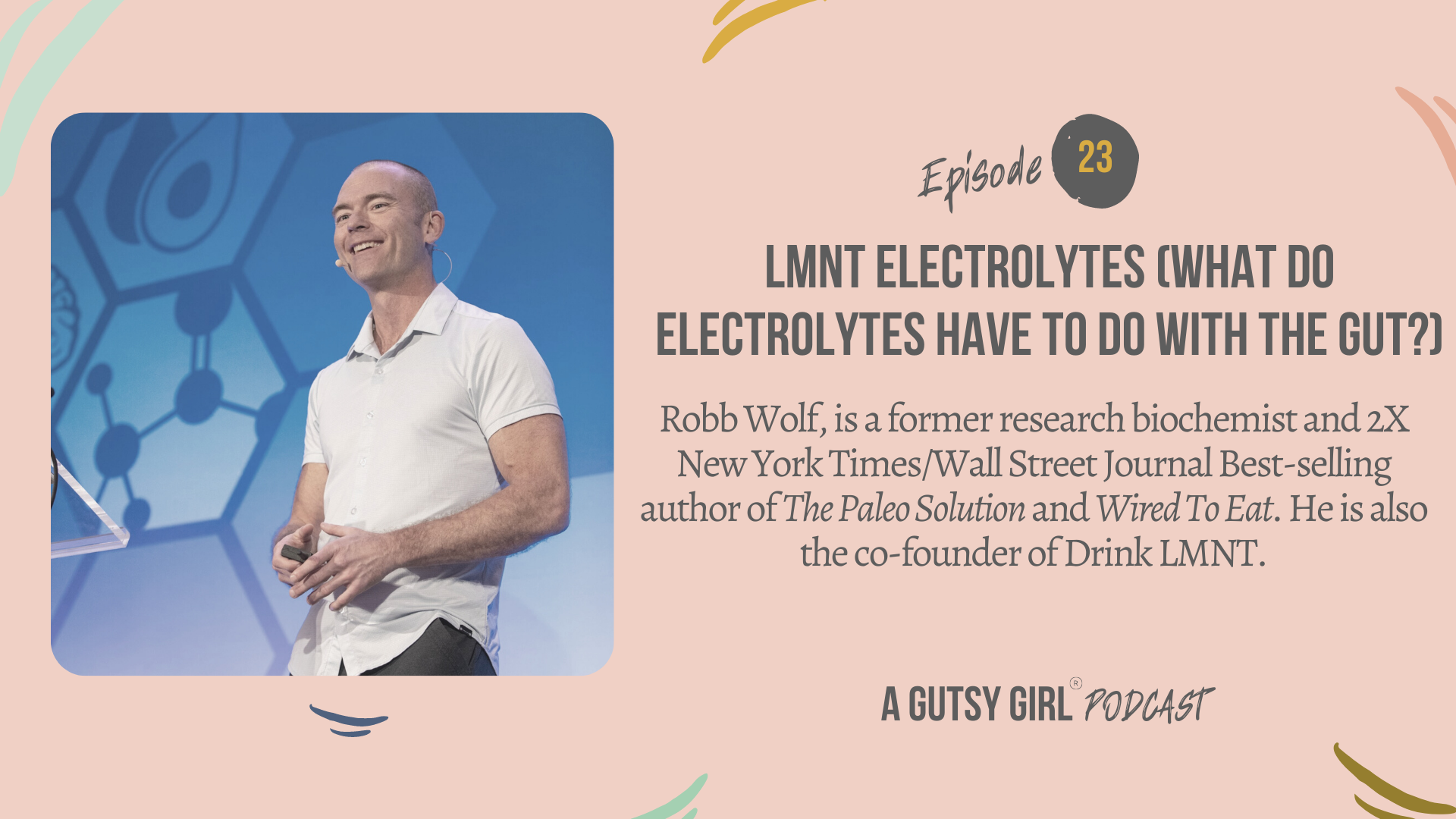
Thank you for this article. I have been battling SIBO for the past year plus and this is super informative. Most articles and information are a turn off because of the tone and way the info. Is conveyed. However, you are very to-the-point and encouraging. Thank you.
You are most welcome. I strive to be the leader in gut information **because of** my tone and how I convey everything to readers. So….thank you!!!! xox
hi there. Is there a reliable to way to test for SIBO without using my physician?
Yes! You can do it from home. However, I still recommend using a medical practitioner to analyze and decipher the results. But here is a good place to start –> https://agutsygirl.com/2020/01/15/buyers-guide-to-sibo-tests/ Xox
I personally do 20:4 IF eating window for SIBO with great resolut. Although in mean time i get extra help with Xifaxan antibiotic. On daily basis I do Keto leaving. Skipping meal is pretty straightforward for be like till 2:00 PM or more but giving up on supper was way harder. Last 2 months I do 14-18 eating window.
Still I am waiting to do last step and stop cheases, ksylitol baking and coffee but it is so hard ;(
Maciej
With an initial diagnosis (finally after what I believe has been a long time dealing with this), do you find it necessary to not stick to low-fodmap diet when starting the beginning stages of treatment with antibiotics? I’ve read that some people say if you are sticking to foods that starve out the bacteria (instead of kicking it up at least in the beginning of treatment) that the antibiotics cannot actively kill all the harmful bacteria since it shows up in low levels on a low-fodmap diet. Rather, it’s been said to start the low-fodmap diet after a week (2 week regimen) into the antibiotic therapy so the drugs have their chance to truly kill the bacteria.
The most success I ever had is when I ate ALL THE THINGS while on the antibiotic. Good luck!
I have started intermittent fasting and have developed internal itching in my upper digestive track? I also do not have a gallbladder so am wondering if IF is ok?
Check with your doctor. That will be your safest bet.
Do you breakfast with porridge or cerial? I would like to try IF but it seems we breakfast with protein and veg – i would prefer porridge and fruit… help please!
I do all sorts of breakfasts these days.
I make a porridge with 2T almond flour, 1T coconut flour, 2T flax meal, 2T the cream at the top of a refrigerated can of coconut milk, 1/2 cup of water, 1/2 a frozen banana, a pinch of salt, and a pinch of cinnamon. It is soooo good and so nice and warm and comforting for a first meal of the day!
Sounds delicious!
Is it safe to fast for a few days I have sibo and gall bladder sludge so I have a problem digesting fats and mostly protein digestive enzymes help – I’m also in lockdown so out of normal routine watching my belly expand probably due to anxiety but also slipping in eating wheat which I’m intolerant to so some self sabotage for “convenience” I don’t want to poison myself with die back but if I did would #vsl3 acidophilus be enough to counter the poisoning effect ? Or should I take some liquid food like chicken bone broth?
Hi Sarah, did you manage to clear your Sibo? If so, what did you use to be most effective?
Yes, I have been SIBO and symptom free for over 2 years now 🙂